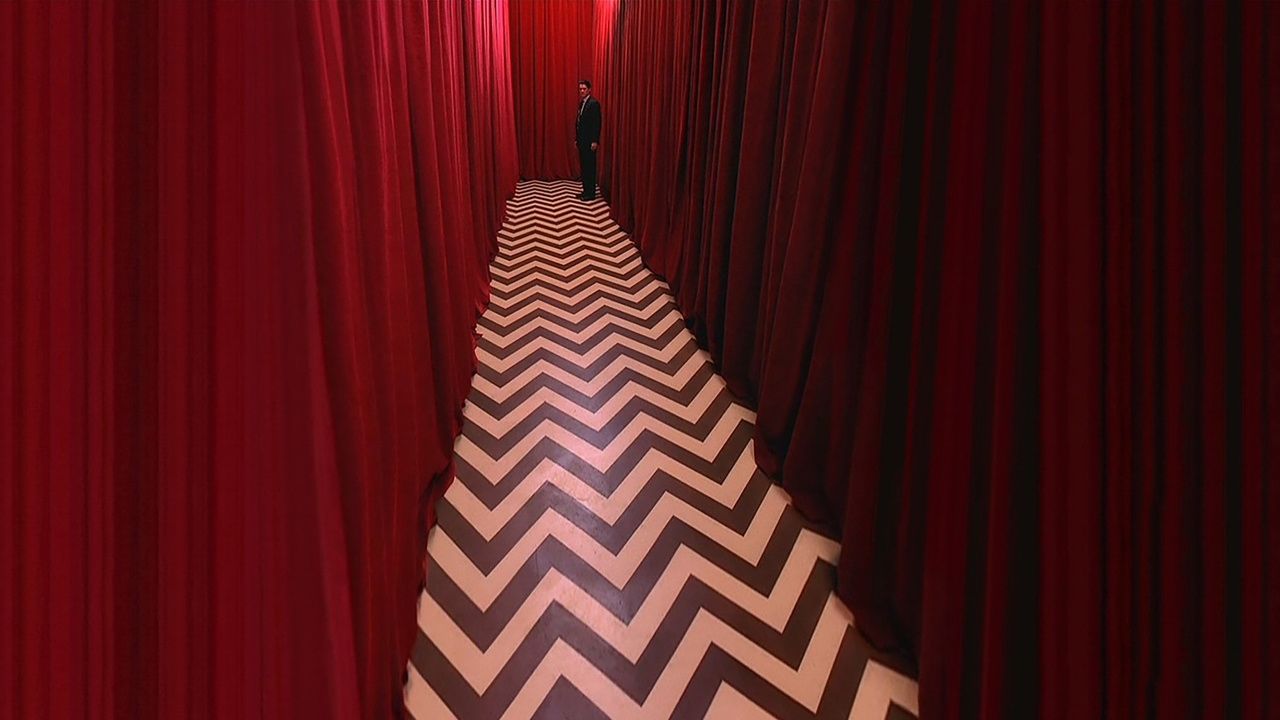Every few months or so, an excerpt of David Lynch being interviewed by David Lean in 2007 for the British Academy Film Awards goes around one of the many online communities of film nerds. In the clip (which can be watched below), Lynch mentions that his first feature, 1977's Eraserhead, is his most spiritual film, and Lean asks him to elaborate on that. However, Lynch just flat out refuses and says, "No, I won't" to the request.
Until the release of Inland Empire in 2006, Eraserhead was unquestionable the director's most experimental feature-length work, and people have been desperately trying to unearth the meaning hidden within its industrial landscapes and horrific mutant baby. The video goes viral repeatedly because it so clearly represents Lynch's philosophy when it comes to art and is a welcome respite from the daily barrage of over-explanation we receive as media consumers.
The impulse to ascertain concrete facts is an innate human desire; our world is confusing and chaotic, and giving it order helps us survive. However, not everything can be neatly explained, and artists should remind us of that. There is nothing harmful about, say, coming up with fan theories about films, as the practice can be a lot of fun and creatively fulfilling. Yet, to view all art as a riddle with a solution is reductive and can prevent the piece from being truly experienced in its totality.
This is especially true when talking about the surreal and complex work of David Lynch. Since a 4K remaster of 2006's Inland Empire (the most experimental film he's made since the beginning of his career) is currently being shown in theaters while rumors circulate about the legendary director's next project, now is the perfect time to explore his oeuvre and approach to filmmaking.
Twin Imperfect
When discussing the over-examination of David Lynch's work, the first piece of evidence always seems to be YouTuber Twin Perfect's video series that claims to explain Twin Peaks, the masterful television collaboration between Lynch and Mark Frost. Recently, the incredibly talented video essayist, Maggie Mae Fish, made a two-part response to Twin Perfect, in which they challenge the overly pat analysis Twin Perfect performs.
That is not to say that Twin Perfect's videos are poorly researched or even entirely wrong; they are correct about many things. Rather, Twin Perfect's most egregious error is to claim that there is a definite meaning behind Twin Peaks. Maggie Mae Fish even agrees that the show is about violence on television, like he says, but also states it is also about so much more, including violence outside media, gendered violence, and the trauma caused by violence. Despite devoting multiple hours to breaking down the series, Twin Perfect's refusal to acknowledge complexity causes his analysis to be inadequate.
The Violence of Naming
Ironically, much of David Lynch's art, in particular his visual art, explores the inherent problem of using language to explain things that exist outside the written or spoken word. This is explored in another exceptional video essay by Grace Lee of the YouTube channel What's So Great About That? In the video, Lee explores the different ways in which Lynch takes issue with language, particularly in naming objects and ideas.
For example, in an article written about the essay for Film School Rejects, Aline Dolihn shares a quote from Lynch, who once remarked, almost wistfully:
"If you don’t know what it is, a sore can be very beautiful — but as soon as you name it, it stops being beautiful to most people. But if you took a picture of it, a close-up, and you didn’t know exactly what it was, it could be a great beauty of organic phenomenon."
The process of naming can distort and even destroy what it desires to label. Similarly, in trying to fully understand David Lynch's art, you lose the opportunity to experience it in its totality and truest form.
Exploration vs. Understanding
After all of this, it is essential to state that discussing, interpreting, and thinking about film and television is a positive thing. However, it comes down to the difference between "exploring" and "understanding." Understanding implies there is a concrete, correct way to perceive a piece of art, while exploring allows for the existence of uncertainty. It would be absurd to suggest that talking about Lynch's films and their themes is a bad idea. The problem arises when someone claims to explain everything about one of his pieces, thereby claiming it can't be other things to a viewer. This reduces the power of the art and ironically betrays a fundamental misunderstanding of his creative endeavors.
In a widely cited quote from Lynch's book, Catching the Big Fish, the director says:
“[I]deas are like fish. If you want to catch little fish, you can stay in the shallow water. But if you want to catch the big fish, you’ve got to go deeper. Down deep, the fish are more powerful and more pure. They’re huge and abstract. And they’re very beautiful.”
While in context, this is specifically referring to creativity and transcendental meditation, it also applies to engaging with Lynch's films. The full beauty of his work emerges when you accept that it cannot fully be understood and instead experience it in its totality.



